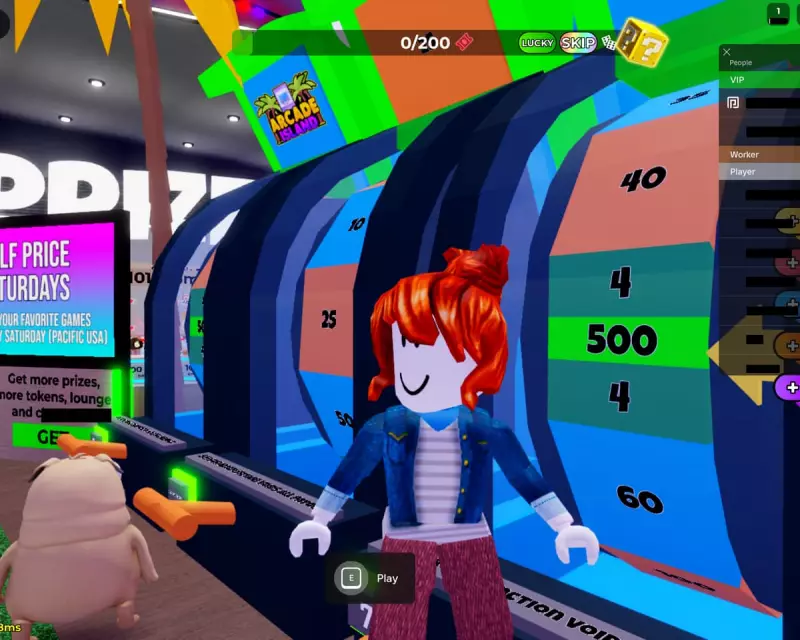
In a landmark move that could reshape digital safety regulations globally, Australian authorities are pushing to include the popular gaming platform Roblox in a proposed social media ban for children under 16.
The Australian Proposal: Gaming Platforms in the Crosshairs
The Australian government's sweeping plan to protect minors online now aims to classify Roblox as a social media service, subjecting it to the same restrictions as platforms like TikTok and Instagram. This controversial reclassification would place the gaming giant under stringent new regulations designed to shield younger users from potential online harms.
Why Roblox Faces Scrutiny
Roblox, with its massive user base of children and teenagers, has come under increased scrutiny due to its integrated social features. The platform's chat functions, friend systems, and user-generated content have raised concerns among child safety advocates and regulators alike.
Key concerns driving the proposed ban include:
- Exposure to inappropriate content through user-generated games
- Potential contact with strangers via chat features
- Data privacy issues affecting young users
- The platform's addictive design elements
Global Implications for Gaming Platforms
The Australian proposal represents a significant escalation in how governments approach online safety for children. By targeting a gaming platform with social features, regulators are acknowledging that digital risks extend beyond traditional social media networks.
This move could set a precedent for other nations, including the UK, to reconsider how they regulate gaming platforms with social components. The decision highlights growing international concern about protecting children in increasingly complex digital environments.
The Industry Response and Future Challenges
Roblox Corporation has consistently maintained that safety is their highest priority, implementing various parental controls and moderation systems. However, critics argue these measures may not be sufficient to protect vulnerable younger users from potential online dangers.
The gaming industry faces a critical juncture as regulators worldwide watch Australia's approach. The outcome could influence how gaming platforms design their social features and implement age verification systems across global markets.
What This Means for the Future of Online Safety
As the debate continues, the Australian proposal signals a potential shift in how governments worldwide might approach digital platform regulation. The inclusion of gaming platforms in social media restrictions represents a broader understanding of where children actually spend their time online and where potential risks may lie.
The final decision on Roblox's classification could have far-reaching consequences for the gaming industry, child protection policies, and the ongoing global conversation about creating safer digital spaces for young people.





